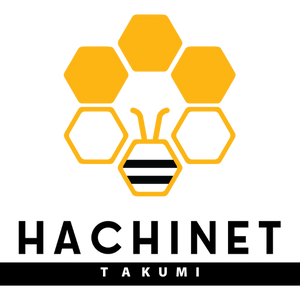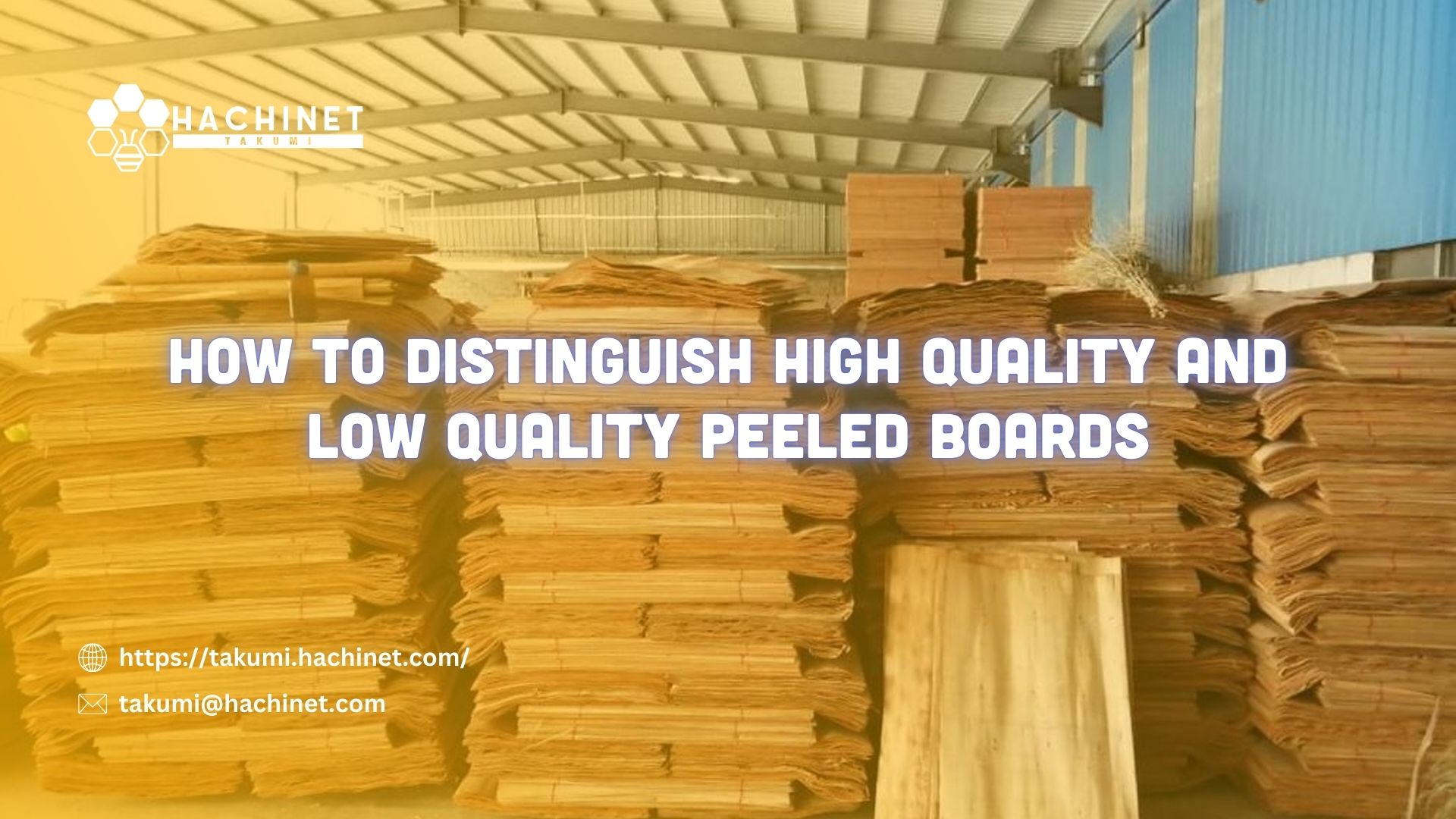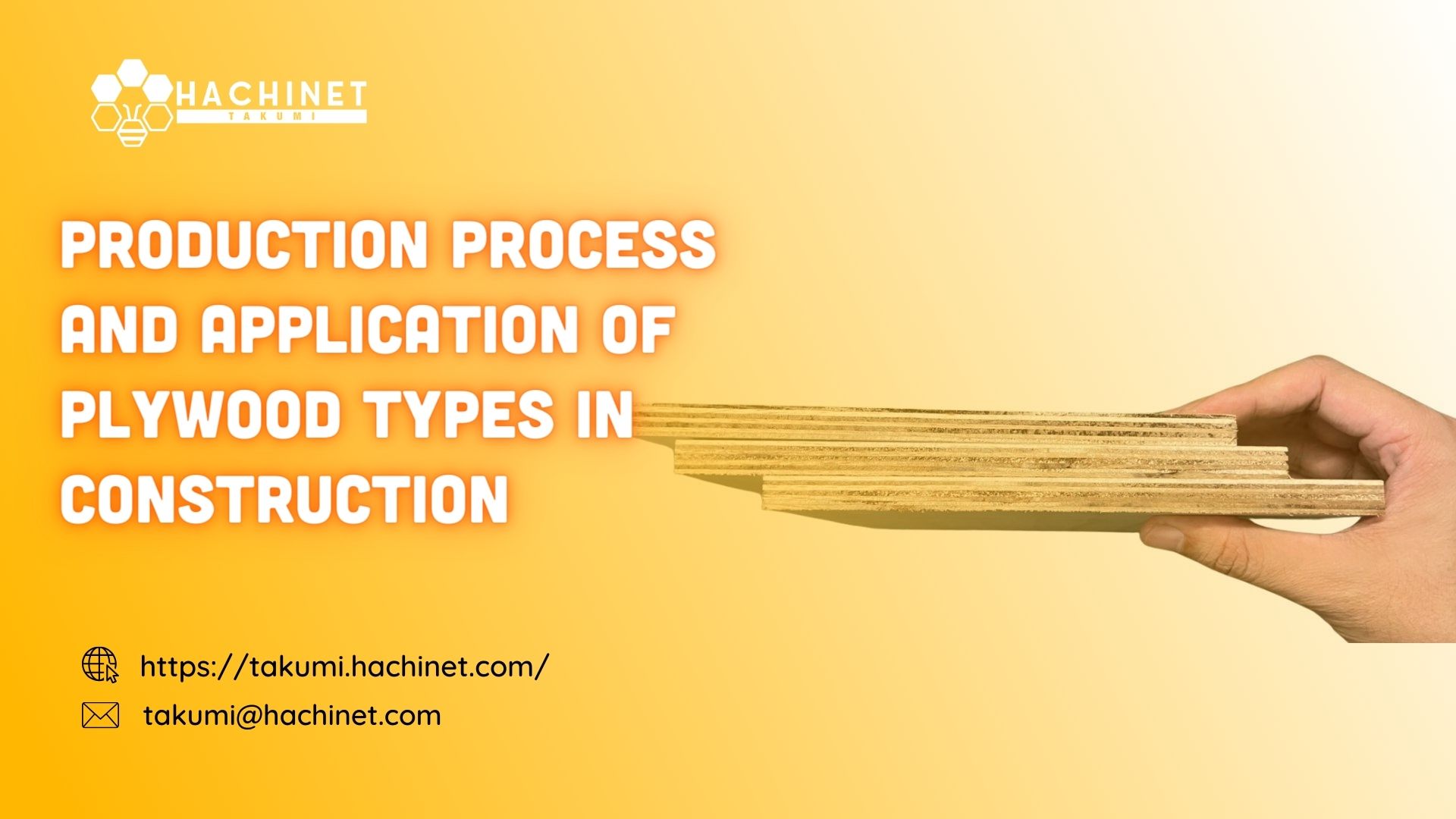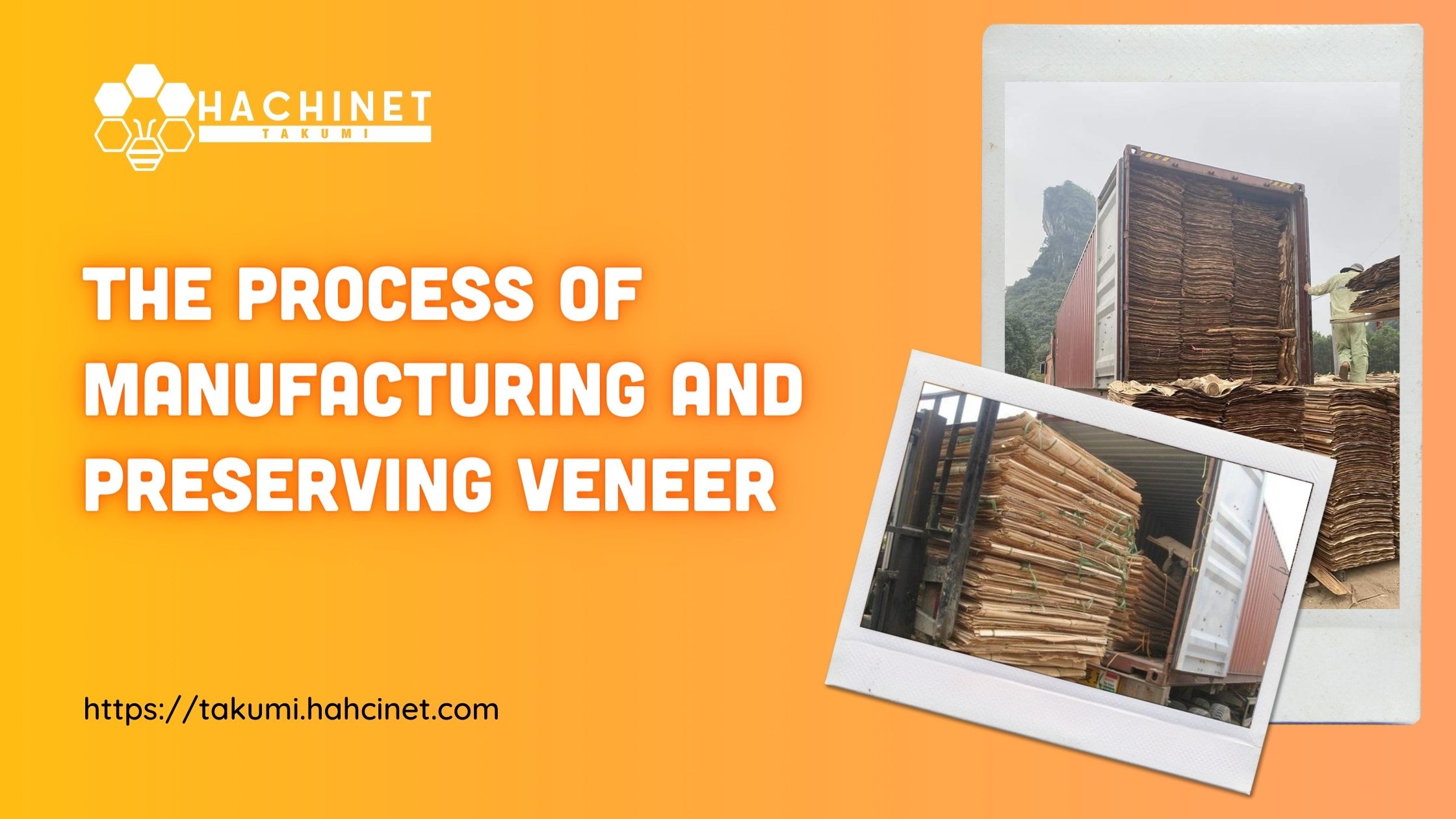Exploring the Advantages of Importing Goods from the Vietnamese Market
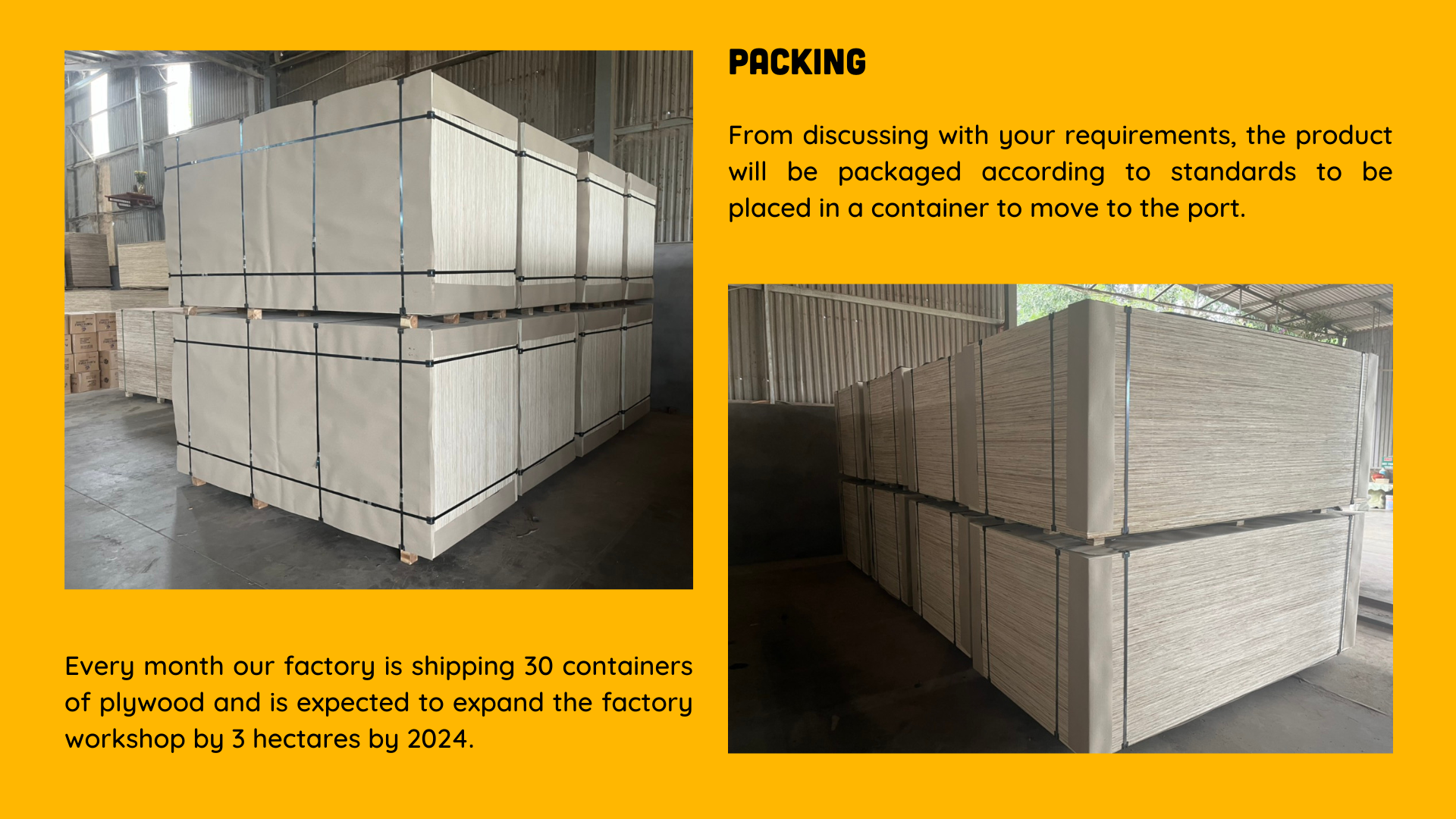
Vietnam has emerged as a dynamic player in the global marketplace, offering a diverse range of high-quality products across various industries. From electronics and textiles to agricultural produce and furniture, Vietnamese goods have gained popularity among importers worldwide.
In this we delve into the advantages of importing goods from the Vietnamese market, exploring factors such as cost competitiveness, product diversity, manufacturing expertise, and strategic location.
Cost Competitiveness:
- One of the primary advantages of importing goods from Vietnam is the country's cost competitiveness. With relatively lower labor and production costs compared to many Western countries, Vietnamese manufacturers can offer competitive pricing for a wide range of products.
- This cost advantage extends across various industries, including textiles, electronics, footwear, furniture, and consumer goods, making Vietnamese products attractive to importers seeking to maximize their profit margins.
Product Diversity:
- Vietnam boasts a diverse and vibrant manufacturing sector, producing a wide array of products to meet the demands of global markets. From apparel and footwear to electronics and furniture, importers have access to a vast selection of goods from Vietnam.
- The country's diverse product offerings cater to different market segments and consumer preferences, providing importers with ample opportunities to source products that align with their business objectives and target markets.
Manufacturing Expertise:
- Vietnamese manufacturers are renowned for their expertise and craftsmanship across various industries. With a skilled workforce and a strong tradition of craftsmanship, Vietnam excels in producing high-quality goods that meet international standards.
- Whether it's textiles crafted with precision, electronics manufactured to exacting specifications, or furniture meticulously crafted with attention to detail, Vietnamese manufacturers demonstrate a commitment to excellence that resonates with importers seeking quality products.
Strategic Location:
- Situated in the heart of Southeast Asia, Vietnam enjoys a strategic location that offers logistical advantages for importers. The country's proximity to major shipping routes and transportation hubs facilitates efficient distribution to global markets.
- Additionally, Vietnam's extensive network of seaports, airports, and highways enhances connectivity and reduces transportation costs, further enhancing its appeal as a sourcing destination for importers.
Favorable Trade Agreements:
- Vietnam has actively pursued trade agreements with various countries and trading blocs, opening up preferential access to key markets around the world. Agreements such as the Comprehensive and Progressive Agreement for Trans-Pacific Partnership (CPTPP) and the European Union-Vietnam Free Trade Agreement (EVFTA) provide importers with tariff advantages and streamlined trade procedures.
- These favorable trade agreements make importing goods from Vietnam more cost-effective and attractive for businesses, allowing importers to benefit from reduced tariffs and enhanced market access.
Commitment to Sustainability:
- In recent years, Vietnam has made significant strides in promoting sustainability and environmental responsibility in its manufacturing practices. Many Vietnamese manufacturers have adopted eco-friendly production methods, sustainable sourcing practices, and renewable energy initiatives to reduce their environmental footprint.
- Importers seeking to align with sustainable business practices and meet consumer demand for eco-friendly products can find suppliers in Vietnam that prioritize sustainability and social responsibility.
In conclusion, importing goods from the Vietnamese market offers a myriad of advantages for businesses seeking cost-effective, diverse, and high-quality products. From competitive pricing and manufacturing expertise to strategic location and favorable trade agreements, Vietnam presents compelling opportunities for importers to source a wide range of goods to meet their business needs and market demands. By tapping into Vietnam's dynamic manufacturing sector, importers can gain a competitive edge and access a wealth of opportunities in the global marketplace.
